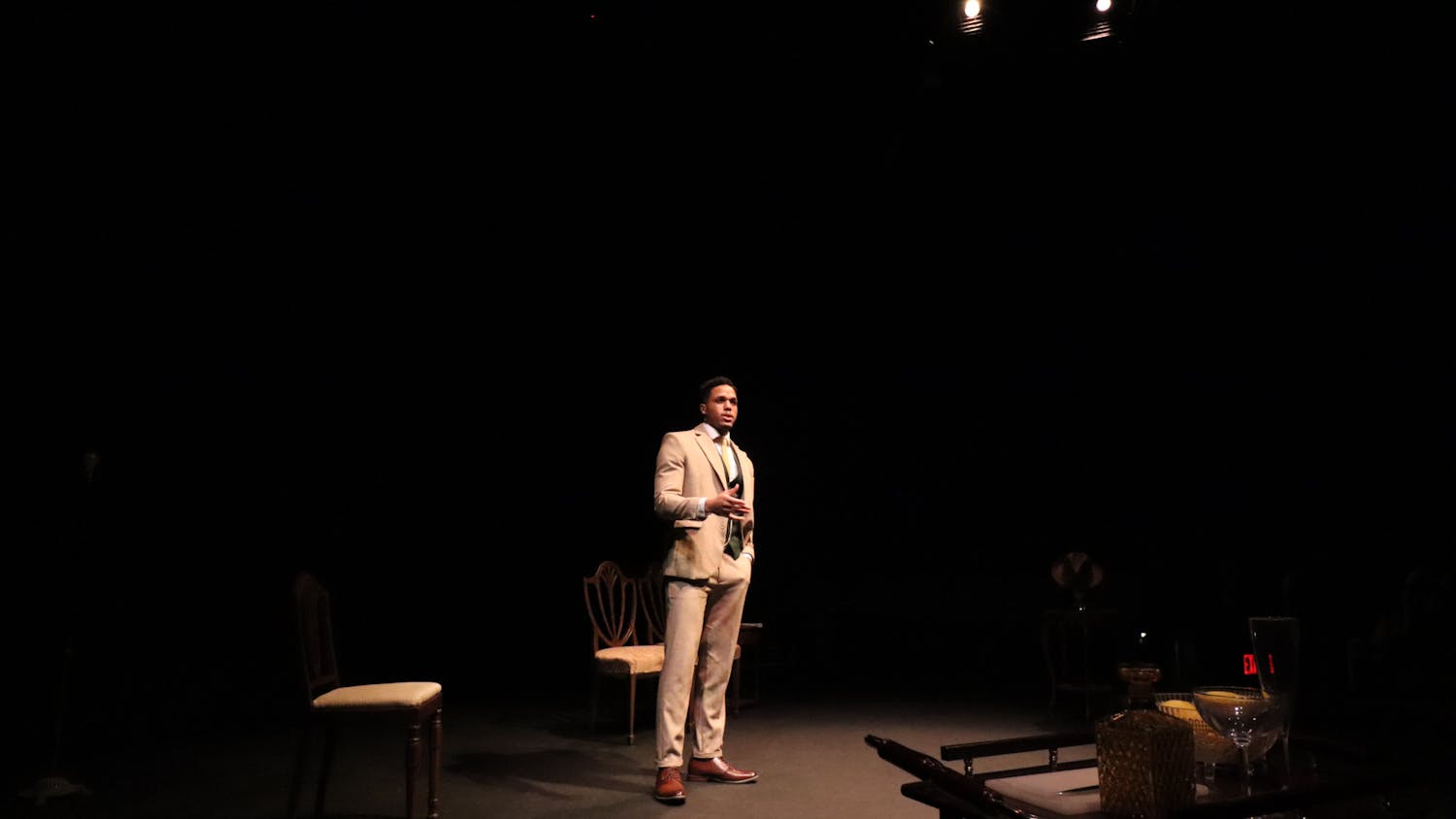Many film reviewers, myself included, would argue that we are currently in the midst of a “golden age” of superhero cinema. Marvel Studios floods our theaters with critical and commercial successes and although DC Entertainment may currently be floundering in comparison, it recently rode high on the success of Christopher Nolan’s “The Dark Knight Trilogy.”
But there is a price to pay for this golden age: overproduction. Marvel, in particular, seems to have found and implemented a winning formula when making a superhero film. Thus, for every epic like “Captain America: Civil War,” there must also be a film like “Doctor Strange” — enjoyable yet forgettable. Movies such as the latter may have all the wit and pathos to parallel the excitement of “The Avengers,” but they don’t add anything new to the table, so each one becomes just another decent superhero flick amongst many.
I would argue that this oversaturation of the market allowed “Deadpool” to become a surprise success despite its R-rating. “Deadpool” was certainly not the first superhero film to bear an R-rating, but it differed from its predecessors by starting a trend.
With the release of the Ultimate Edition of “Batman v. Superman: Dawn of Justice” and “Batman: The Killing Joke,” R-rated superhero films may no longer be anomalies but, instead, could become normalized. And “Logan” seems to be the next real test to see if lightning can strike twice.
Why does the rating of the film matter? Well, it begs the question: does the rating allow the filmmakers to create stories that are fresh and new? Based on “Deadpool” and “Logan,” I would argue: No, it just creates that illusion.
Beneath the novelty of its vulgar humor, “Deadpool” is simply another superhero origin story. Likewise, beneath the novelty of its blood and gore, “Logan” is simply another “gritty” comic book film.
The difference between the two is that I actually like “Logan” because it doesn’t use the rating as a crutch.
I confess that my familiarity with the X-Men films is not extensive. I’ve seen the first two films of both the original series and the prequel series and have enjoyed all four immensely. But I am by no means an expert on the franchise’s lore.
Yet it appears that director James Mangold has done his best to make “Logan” a self-contained story that requires no prior knowledge.
In 2029, Logan (Hugh Jackman), better known as Wolverine, lives near the Texas-Mexico border and spends his days taking care of an aging and senile Charles Xavier (Patrick Stewart).
The two men must eventually help and protect Laura, a young mutant with powers similar to Logan’s who is running from a military group called the “Reavers.”
“Logan” works best when it practically becomes a road trip movie involving these three characters. Both Jackman and Stewart have revealed that this will probably be the last time they play these roles. If that is the case, then both actors are going out on a high note.
Jackman’s performance is filled with world-weariness; we can feel the burden of both his age and his injuries. Xavier was always my favorite X-Men character, and Stewart’s portrayal of a man living out the twilight of his life in regret provides the film with much-needed heart and soul.
Yet it is Dafne Keen as Laura who really steals the show — never before has an 11-year-old girl been so intimidating. This young actress has real raw talent that the film puts to good use.
While “Logan” may not be a genre game-changer, I, nonetheless, admire Mangold’s attempts to do something different. He clearly wanted to make “Logan” akin to a Western, and I appreciate the many little touches that are included to that effect.
Marco Beltrami’s score does a particularly good job of combining the sounds of an action-filled superhero soundtrack with the musical twang of a Western to create a tone that sets “Logan” apart from previous X-Men films.
Sadly, solid performances and skillful filmmaking can only get you so far. This is a film with a lot of great ideas and, thus, a lot of great moments. But those exist inside a narrative that is fractured and fragile.
The funny thing is that when I left the theater I thought to myself, “Well, the story was actually pretty straightforward once you think about it.” Yet while watching “Logan,” I felt somewhat perplexed by the disorienting screenplay.
Part of the problem, I think, is that the film doesn’t always have an effective engine to drive the plot forward, resulting in a movie that simultaneously moves too fast and too slow. The first 20 minutes epitomize this problem.
Never before have I seen a film where I so desperately wanted the pace to pick up yet also slow down for a second so details could be explained more clearly.
“Deadpool” and “Logan” have each made over $500 million worldwide at the box office, and both have over 80 percent on Rotten Tomatoes. The success of “Deadpool” confused me, but “Logan” has helped me to understand better why both films were hits.
As of right now, their R-rating has undoubtedly made them appear “new” to audiences. However, when the dust settles, I doubt either film will be considered a classic of the superhero genre.
Both are flawed and imperfect, yet I admire “Logan” much more because even if it doesn’t always succeed, it still has immense ambition — it wants to tell an interesting story about interesting characters.
Seeing as how many films are content to aspire for far less, that’s not nothing.
Rating: 7/10



